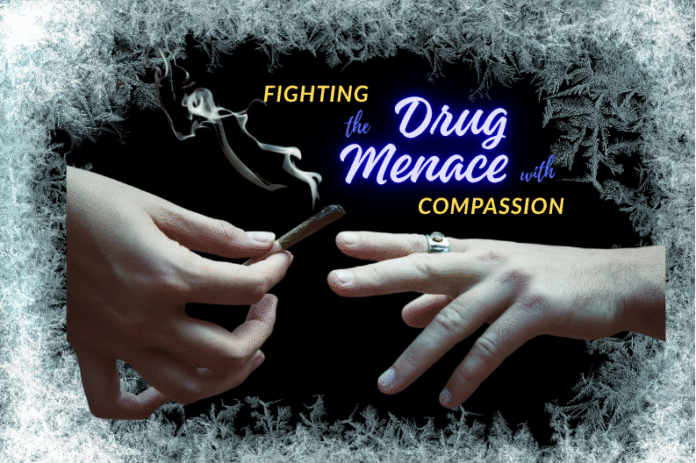Drug abuse is a growing crisis across the world—one that is destroying futures, breaking families, and overwhelming our health systems. In this exclusive interview with Margalla Tribune, we speak with Cristina von Sperling Afridi, Chairperson of the Kareem Khan Afridi Welfare Foundation (KKAWF), to understand what’s fueling this crisis, what responses are still missing, and how communities and governments can come together to address this epidemic. Cristina has been recognized for her work with national and international honors, including the Tamgha-i-Imtiaz and the Dame of the Order of Rio Branco.
Cristina has dedicated her life to drug prevention and youth empowerment after a deeply personal loss. Cristina’s journey into activism and advocacy began with a tragedy that no parent should endure. Eleven years ago, her 19-year-old son, Kareem Afridi, attended a party and tried a recreational drug that ended up taking his life. “He got sick and choked to death,” she recalls. In the wake of such profound loss, Cristina found herself adrift, questioning her purpose and future. “Life would never be the same,” she says. “So I decided to create a foundation in his name to keep him alive, in a way, through the work we do.” Thus, KKAWF was born, not just as a tribute to Kareem, but as a mission to prevent other families from experiencing such a loss.
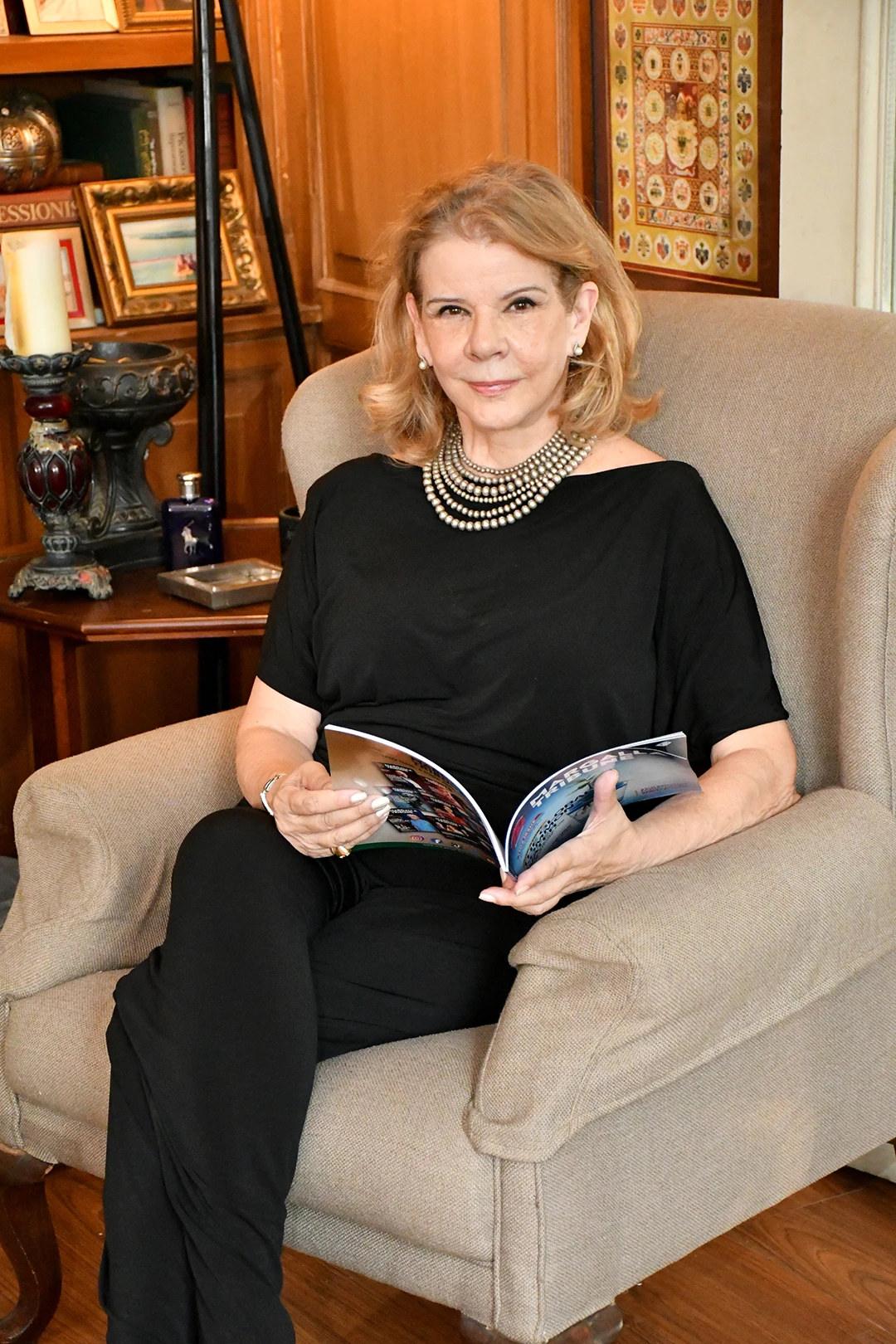
Cristina emphasizes that adolescence is one of the most confusing and emotionally volatile phases of life. “These are seven years of uncertainty, temptation, and curiosity,” she explains. Hormonal changes can create feelings of sadness, confusion, or restlessness. Without proper guidance, many teens misinterpret these feelings as unhappiness and seek comfort through harmful means. Through KKAWF’s platforms, youth are educated and supported during this vulnerable time, helping them recognize what’s happening inside their minds and bodies and teaching them healthier ways to cope.
Understanding the Root Causes
Emotional confusion is only part of the equation. Cristina explains that drug use among youth is the result of multiple intersecting factors: trauma, peer pressure, the glorification of drug culture on social media, and above all, easy availability. “Some countries are serious about tackling this issue. Others are not,” she says. In Pakistan, the problem has reached alarming levels. According to Cristina, the official figures are outdated and deeply underestimated. “In 2015, the number of drug users was said to be 8.9 million. And now in 2025, the Anti-Narcotics Force declared we have 17 million users.” She believes the actual number is even higher—and considers drug addiction a national security threat.
If you capture a person’s mind, you capture their body. You conquer their land. A warning that this crisis is no longer just a private matter for families, it’s a societal emergency.
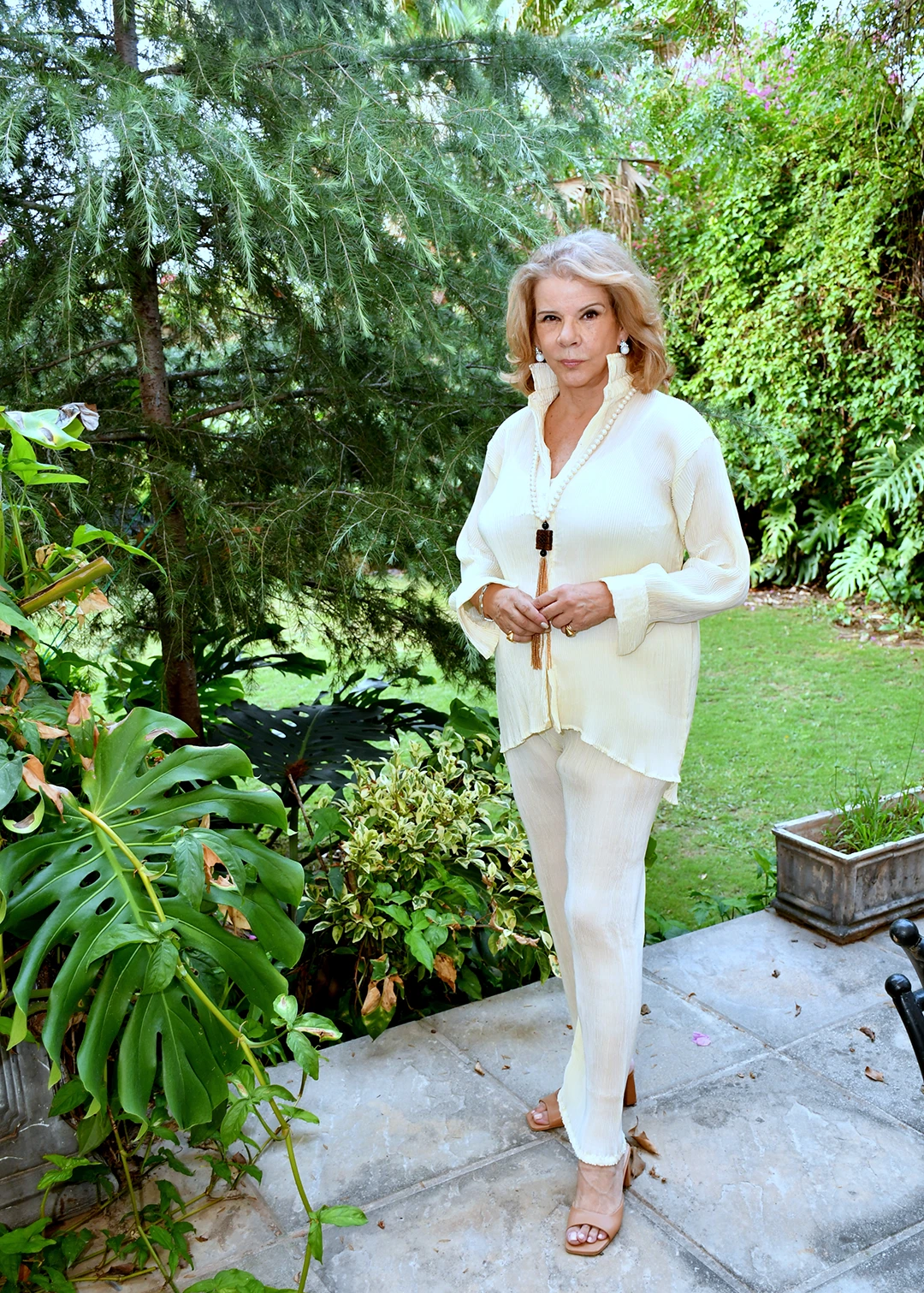
A Wake-Up Call for Parents
Yet many parents remain unaware that their children are using drugs. “Even in my case, I never suspected it,” she says. “We talked about everything at home. But adolescence and peer pressure are powerful forces.” She considers herself fortunate in one grim sense—she didn’t have to go through the agony of years spent in and out of unregulated rehabilitation centers. Many parents do, and it often becomes a cycle of emotional and financial despair. Cristina is critical of the mushrooming rehab centers across the country.
“There are ten rehab centers just in my area,” she notes. “Yet there’s no law to regulate them.” Without proper legislation, oversight, and treatment standards, she argues, these facilities become money-making enterprises instead of centers of healing.
Policy, Legislation, and the Missing Government Role
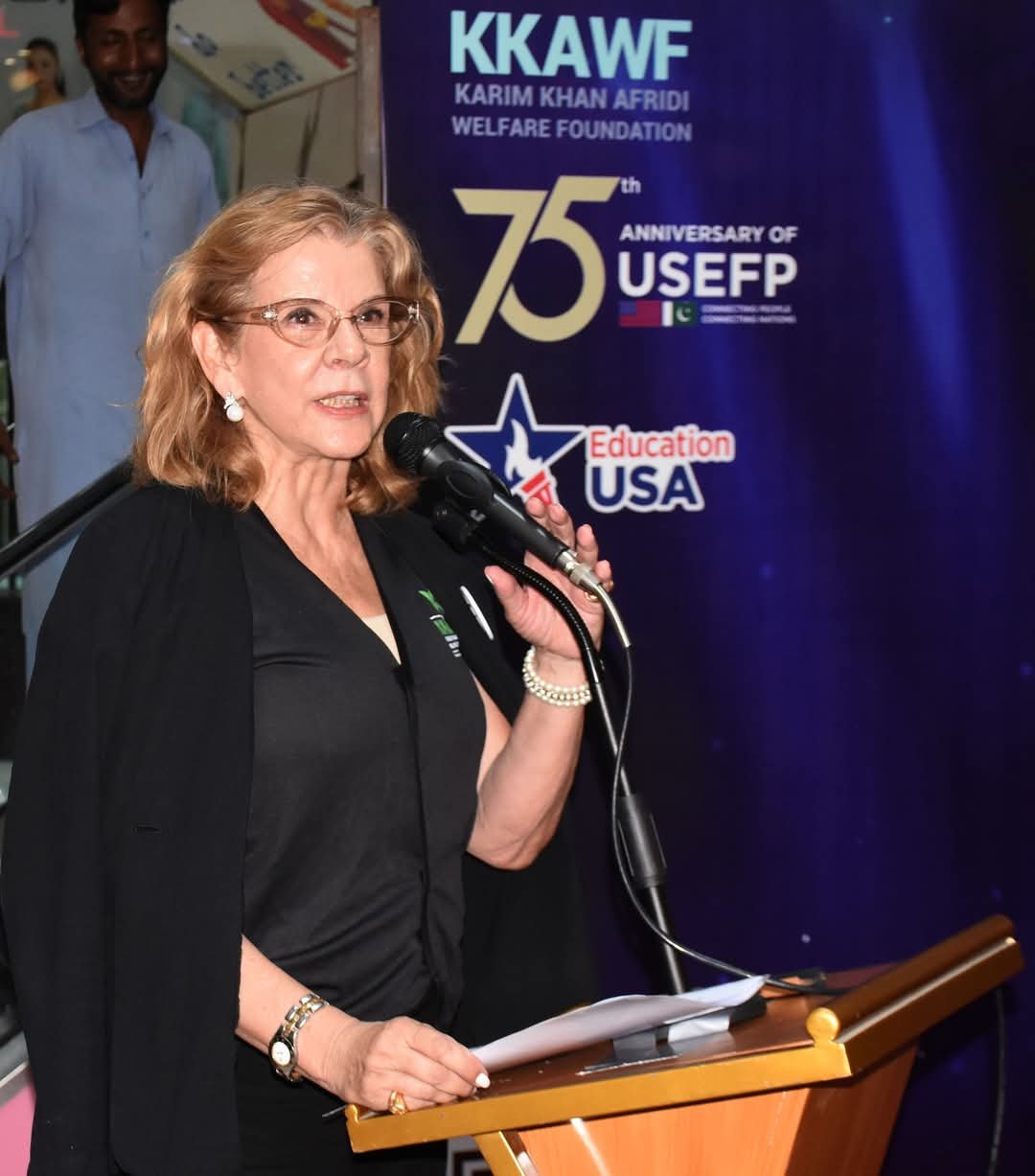
Yet many parents remain unaware that their children are using drugs. “Even in my case, I never suspected it,” she says. “We talked about everything at home. But adolescence and peer pressure are powerful forces.” She considers herself fortunate in one grim sense—she didn’t have to go through the agony of years spent in and out of unregulated rehabilitation centers. Many parents do, and it often becomes a cycle of emotional and financial despair. Cristina is critical of the mushrooming rehab centers across the country. “There are ten rehab centers just in my area,” she notes. “Yet there’s no law to regulate them.” Without proper legislation, oversight, and treatment standards, she argues, these facilities become money-making enterprises instead of centers of healing.
Youth Engagement: Sport Is the Answer
On the question of law enforcement, Cristina believes that a multi-pronged approach is essential. While the Anti-Narcotics Force is doing its job as an enforcement body, prevention requires its own dedicated efforts. “If there were no drugs, there would be no addiction,” she says bluntly. She points to Pakistan’s youth demographic, 154 million under the age of 30, and calls the lack of youth engagement “unacceptable.” Having spent 26 years in Pakistan and being married in a Pakistani household, she notes that Pakistan sent only seven athletes to the last Olympics. “That’s not a national delegation. That’s appalling,” she says.
Cristina is campaigning for ‘Sport is the Answer’, advocating for compulsory physical education in all schools. “Physical activity releases positive hormones like dopamine and endorphins,” she explains. “It’s scientifically proven to prevent depression and risky behaviors. We must bring back the human element into education and into daily life.”
Without proper legislation, oversight & treatment, rehab facilities become money-making enterprises

Breaking the Stigma Around Drug Abuse
Cristina also challenges the reluctance of schools and parents to talk about drugs openly. “There’s a huge stigma,” she says. “Families hide the cause of death when young people overdose. They say ‘heart attack.’ But let’s be honest—it’s drugs.” When Kareem died, his friends tried to convince Cristina to say he had been in a car accident. “I refused,” she says. “I told them, ‘If you don’t talk about it, others will follow the same path.’” Some schools have partnered with KKAWF for over a decade, but many still hesitate. “We need constant awareness. The era of innocence is gone. Even four-year-olds have smartphones now. The world is already talking to them.”
A Case for Tough Love and Rehabilitation
As for solutions, Cristina believes in tough love. She recently visited Singapore and China to study their rehabilitation models. “In those countries, drug abuse is considered a crime, and if you commit it, you pay the price. But while you’re in prison, you’re rehabilitated properly.” She believes Pakistan could benefit from adopting similar systems. Her foundation does not support harm-reduction approaches that are about the maintenance of addiction. “That’s just maintaining addiction,” she says. “We believe in prevention and full rehabilitation. Prevention has no financial gain, but consequence does. And that’s where the real business lies.”
Global Perspectives and Misleading Science
The problem is global, and Brazil, Cristina’s country of origin, faces many of the same challenges. However, she cautions against blindly trusting scientific claims, especially when they’re funded by vested interests. “People say cannabis is safe because ‘science says so.’ But which science? Who paid for that study?” Ultimately, she believes that anything we can’t live without, except food, is an addiction, whether it’s pharmaceuticals or street drugs.
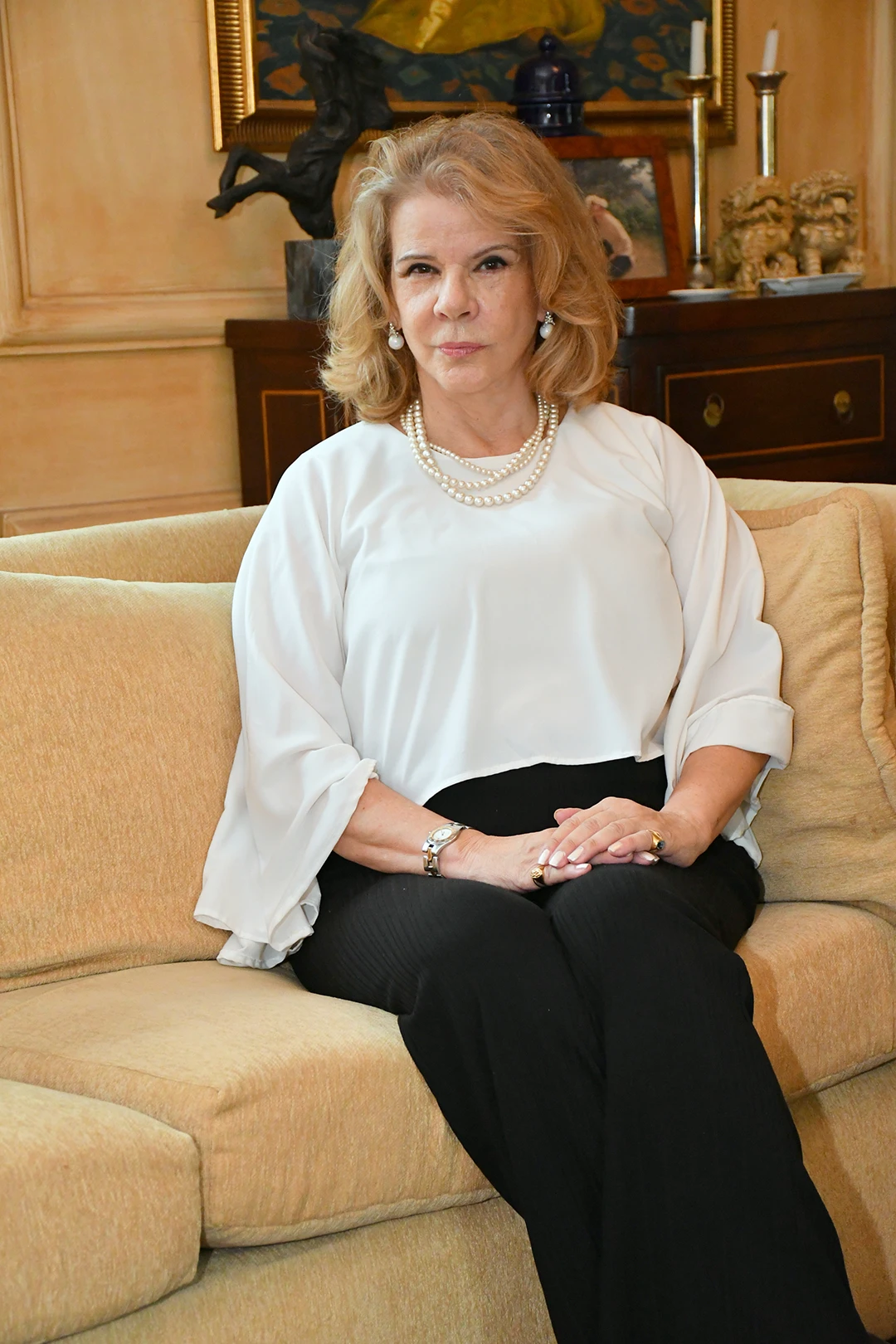
“We may not be able to stop drug dealing. But we can stop drug use—if the youth choose to.
“Addiction limits your future, your relationships, and your potential.
“What about your parents? Don’t you think of them?”
“Drug addiction is not just personal; it compromises the future of an entire nation
– Cristina



